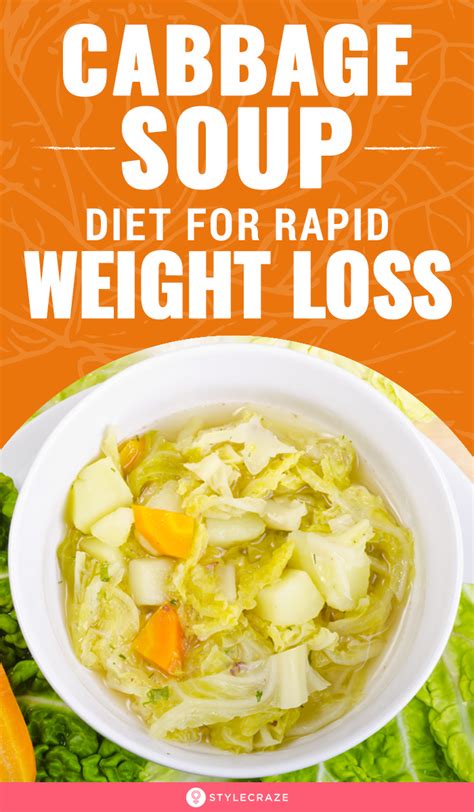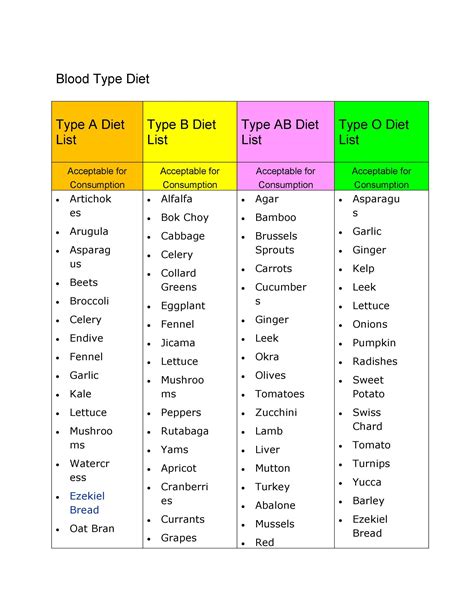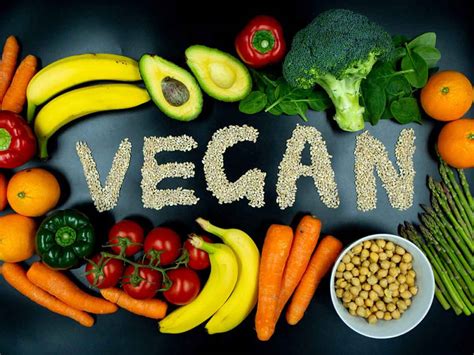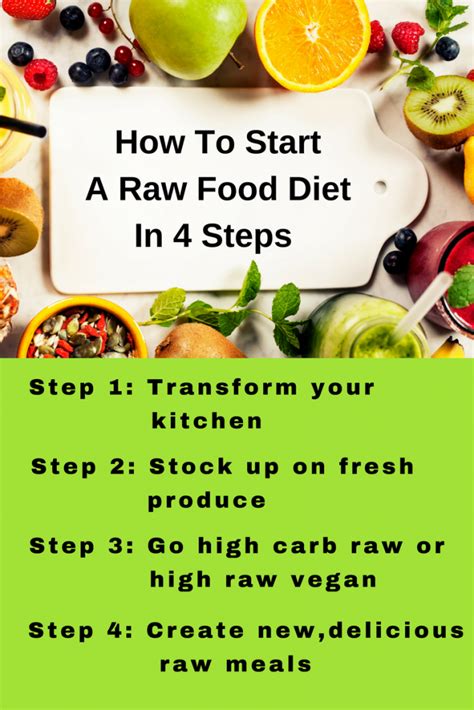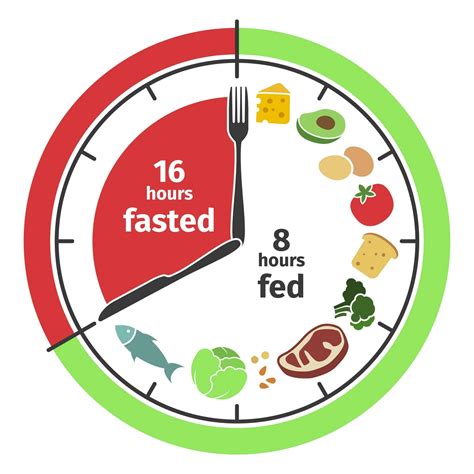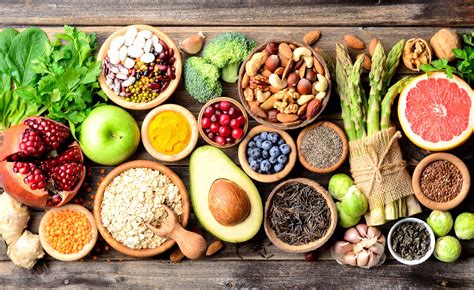Learn all about the Cabbage Soup Diet, how to create a personalized plan, the effects, and what to do next for successful weight loss.
Understanding the Cabbage Soup Diet
Contents
Understanding the Cabbage Soup Diet
The Cabbage Soup Diet is a fad diet that promises quick weight loss through the consumption of a low-calorie cabbage soup. The diet typically lasts for seven days and is said to result in significant weight loss. However, it is important to understand that this diet is not a long-term solution for weight management, and it may have negative effects on overall health.
One of the key aspects of the Cabbage Soup Diet is the drastic reduction of caloric intake. This can lead to rapid weight loss, but it may also result in nutrient deficiencies and other health issues. The diet is also highly restrictive, as it limits the variety of foods that can be consumed during the seven-day period.
While some people may experience short-term weight loss success with the Cabbage Soup Diet, it is not a sustainable or healthy way to manage weight. The diet does not promote long-term lifestyle changes or healthy eating habits, and it may lead to feelings of deprivation and frustration.
Before starting any new diet plan, it is important to consult with a healthcare professional to ensure that it is safe and appropriate for your individual needs. There are many effective and sustainable ways to achieve weight loss and improve overall health, and it is important to approach these goals in a balanced and realistic manner.
Creating a Cabbage Soup Diet Plan
When creating a Cabbage Soup Diet Plan, it’s important to consider a few key factors in order to make the diet successful. Firstly, it’s crucial to understand the basic principles of the diet and how it works. The Cabbage Soup Diet typically lasts for seven days and involves consuming a specific cabbage soup recipe along with a few other allowed foods. It’s intended for rapid weight loss, so it’s not intended to be a long-term diet solution.
Next, it’s important to plan out the meals for each day of the diet. This includes preparing and cooking the cabbage soup, as well as organizing the other allowed foods. It’s essential to ensure that the plan includes a variety of nutrients to support overall health while on the diet. This may involve incorporating different fruits and vegetables, as well as lean proteins.
Another aspect of creating a Cabbage Soup Diet Plan is to consider any potential challenges or obstacles that may arise while following the diet. This could include identifying strategies to overcome cravings or stick to the diet in social situations. Being prepared for these challenges can help increase the likelihood of success with the diet.
It’s also important to set realistic expectations when creating a Cabbage Soup Diet Plan. While the diet can lead to rapid weight loss, it’s not a sustainable long-term solution. Therefore, it’s important to have a plan for transitioning back to a more balanced and varied diet after completing the Cabbage Soup Diet.
Overall, creating a successful Cabbage Soup Diet Plan involves understanding the diet’s principles, planning out meals, considering potential challenges, and setting realistic expectations.
Following the Cabbage Soup Diet
Following the Cabbage Soup Diet can be a challenging yet rewarding experience for those looking to shed some extra pounds in a short amount of time. The diet typically involves consuming cabbage soup as the main component of each meal for a period of seven days, along with a select few other permitted foods. It’s important to find a reliable and well-reviewed Cabbage Soup Diet plan to ensure that you are getting the right nutrients and not causing harm to your body in the process.
When starting the Cabbage Soup Diet, it’s essential to prepare your kitchen and grocery list ahead of time. You’ll need to stock up on cabbage, onions, bell peppers, tomatoes, and other vegetables, as well as the necessary spices and seasonings to flavor the soup. It’s also a good idea to have the ingredients for the allowable side dishes and snacks, such as fruits, brown rice, and lean protein sources like chicken or fish. Creating a meal plan for the week can help you stay on track and resist the temptation to stray from the restricted food list.
As you progress with the Cabbage Soup Diet, you may start to notice some effects on your body. Rapid weight loss is common during the seven-day period, but it’s important to remember that much of this is attributed to water weight and a decrease in calorie intake rather than fat loss. Additionally, some individuals may experience fatigue, dizziness, and irritability due to the low calorie nature of the diet. It’s crucial to listen to your body and make adjustments as needed to prevent any negative impacts on your health.
In conclusion, the Cabbage Soup Diet can be an effective short-term solution for quick weight loss, but it’s not meant to be a long-term lifestyle change. Following the diet should be done with caution and preferably under the guidance of a healthcare professional. After completing the seven-day regimen, it’s important to transition back to a balanced, nutritious diet to maintain your weight loss and overall well-being.
Effects of the Cabbage Soup Diet
Effects of the Cabbage Soup Diet
Effects of the Cabbage Soup Diet
The Cabbage Soup Diet is a low-fat, high-fiber diet that promises quick weight loss. Many people turn to this diet for its supposed ability to shed pounds in a short amount of time. However, it’s important to consider the potential effects of the Cabbage Soup Diet on the body.
One of the effects of the Cabbage Soup Diet is rapid weight loss. Because the diet is very low in calories, many people experience a significant drop in weight within the first week. This can be motivating for those looking to kickstart their weight loss journey, but it’s important to remember that much of this weight loss is likely due to water and muscle loss, rather than fat loss.
Another potential effect of the Cabbage Soup Diet is nutrient deficiencies. The diet is highly restrictive and may not provide all the essential nutrients that the body needs to function properly. It’s important to be mindful of this and consider supplementing with vitamins or minerals while on the diet.
Some people may also experience digestive issues while on the Cabbage Soup Diet. The high fiber content of the cabbage soup, combined with the sudden increase in fiber intake, can lead to bloating, gas, and stomach discomfort.
Lastly, the effects of the Cabbage Soup Diet are often short-lived. Once the dieter resumes their regular eating habits, they may quickly regain the weight they lost during the diet. This can be disheartening for those looking for long-term results.
Conclusion and Next Steps
After completing the Cabbage Soup Diet, it’s important to transition back to a regular, healthy eating plan. Gradually reintroduce foods that were restricted during the diet, such as lean protein, whole grains, and fruits and vegetables. This will help prevent a quick regain of any weight lost during the diet and promote a balanced diet for long-term health.
It’s also important to continue staying hydrated and to incorporate regular physical activity into your routine. Aim for at least 30 minutes of moderate exercise most days of the week to help maintain your weight loss and promote overall health. This can include activities such as walking, jogging, cycling, or swimming.
Finally, consider meeting with a registered dietitian to discuss your weight loss goals and determine a plan for long-term success. They can help you create a personalized eating plan that meets your nutritional needs and lifestyle, as well as provide support and guidance as you continue on your health journey.
Remember, the Cabbage Soup Diet is meant to be a short-term, jumpstart to weight loss. It’s not a long-term solution, and it’s important to focus on sustainable habits for continued success. By following these next steps, you can maintain the progress made during the diet and continue on a path to better health.

